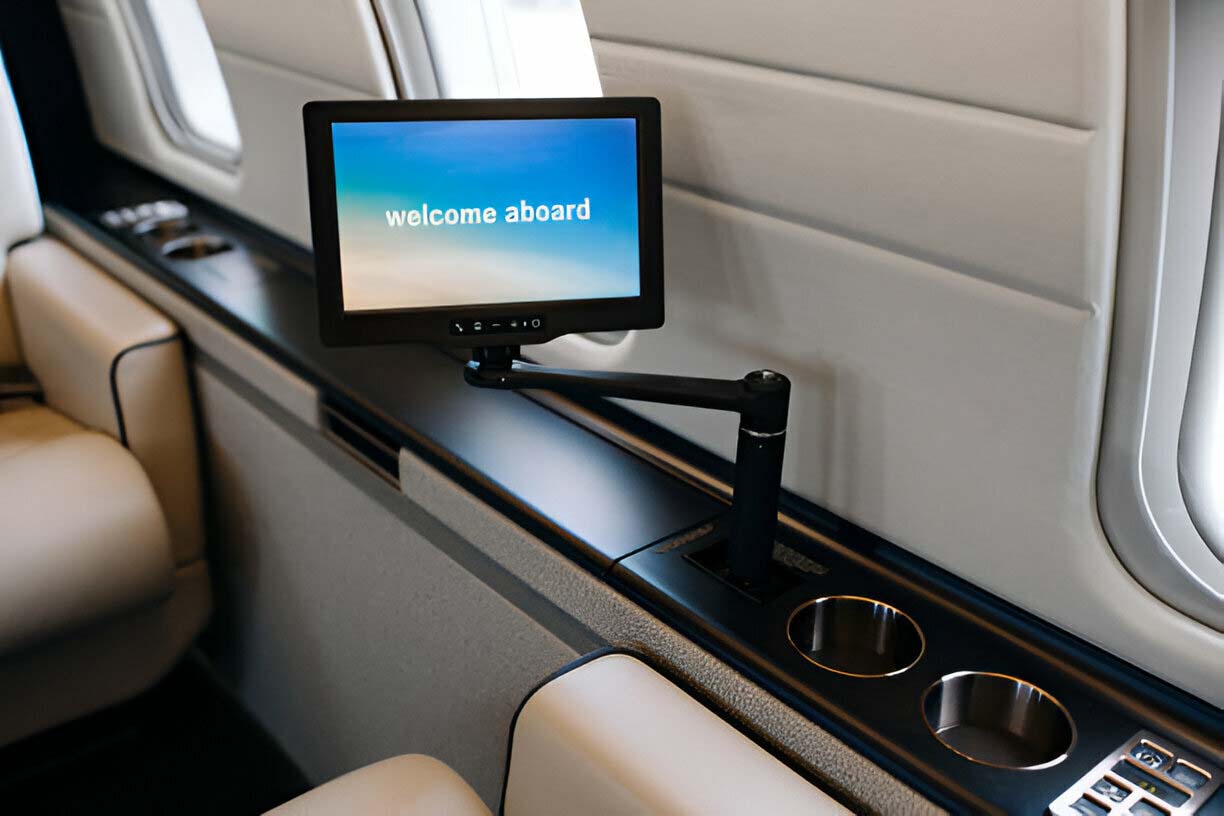Flying in your own private jet can be a dream come true for many. The allure of luxury, convenience, and flexibility is undeniable. However, before you take the plunge into aircraft ownership, there are several important factors to consider. Let’s delve into the ten things you should know before purchasing your first private jet.

1. Maintenance Requirements
Owning a private jet comes with its own set of responsibilities, and maintenance is chief among them. Before buying, it’s crucial to understand the ongoing costs associated with keeping your aircraft in top condition. This includes regular inspections, fluid like Skydrol, engine maintenance, and, of course, fuel.
– Regular Inspections: Private jets require frequent inspections to ensure they meet safety standards. Factor in the cost and time required for these inspections.
– Engine Maintenance: Aircraft engines need regular servicing to ensure optimal performance and safety. Maintenance costs can vary depending on the type and size of the engine.
– Fuel Costs: Fuel expenses can quickly add up, especially for larger jets with higher fuel consumption rates. Consider your anticipated usage and budget accordingly.
2. Operating Costs
Beyond maintenance, there are other operational expenses to consider when owning a private jet. These can include:
– Crew Salaries: If you require a pilot and other crew members, their salaries and benefits must be factored into your budget.
– Insurance: Aircraft insurance is essential for protecting your investment and mitigating risk.
– Hangar Fees: Storing your jet in a hangar when not in use helps protect it from the elements and ensures security, but it comes at a cost.
– Navigation Fees: Depending on your flight paths, you may encounter navigation and landing fees at various airports.
3. Type of Jet
Choosing the right type of jet for your needs is crucial. Consider factors such as:
– Size: Larger jets offer more space and amenities but come with higher operating costs. Smaller jets may be more economical for shorter trips.
– Range: Evaluate the range of different models to ensure they can reach your desired destinations without the need for refueling.
– Amenities: Consider the amenities you desire onboard, such as seating capacity, entertainment systems, and lavatory facilities.
4. Purchase Price
The initial purchase price of a private jet can vary greatly depending on factors such as age, condition, and model. It’s essential to have a clear understanding of your budget and financing options before beginning your search.
– New vs. Pre-Owned: While a new jet may come with fewer maintenance issues initially, a pre-owned aircraft can offer significant cost savings.
– Financing Options: Explore financing options such as loans and leases to determine the best fit for your financial situation.

5. Regulatory Compliance
Owning a private jet entails adhering to various regulations and requirements set forth by aviation authorities. Ensure you understand and comply with:
– FAA Regulations: Familiarize yourself with Federal Aviation Administration regulations regarding aircraft operation, maintenance, and safety.
– International Regulations: If you plan to fly internationally, research the aviation regulations of the countries you intend to visit.
6. Resale Value
While purchasing a private jet can be a significant investment, it’s essential to consider the potential resale value down the line. Factors that can affect resale value include:
– Age and Condition: Newer jets in good condition typically command higher resale prices.
– Market Trends: Keep abreast of market trends and demand for different aircraft models to gauge potential resale value.
– Maintenance Records: Detailed maintenance records can enhance the resale value of your jet by demonstrating proper care and upkeep.
7. Chartering Options
If you don’t anticipate using your private jet frequently, consider chartering it out to offset some of the operating costs. Research chartering options and understand the implications for insurance and liability.
8. Tax Implications
Owning a private jet can have significant tax implications, both positive and negative. Consult with a tax professional to understand:
– Depreciation: Aircraft depreciation can provide tax benefits over time.
– Operating Expenses: Some operating expenses may be tax-deductible, while others may not be.
9. Safety Considerations
Safety should always be a top priority when flying, regardless of aircraft type. Before purchasing a private jet, ensure:
– Safety Features: Research the safety features and track record of different aircraft models.
– Training Requirements: Ensure you and your crew receive proper training and certification for safe operation.
– Emergency Preparedness: Have a plan in place for handling emergencies and familiarize yourself with emergency procedures.
10. Lifestyle Impact
Finally, consider how aircraft ownership will impact your lifestyle and schedule. While private jet ownership offers unparalleled convenience and flexibility, it also requires a significant time commitment for maintenance, planning, and travel.
In conclusion, purchasing your first private jet is a significant decision that requires careful consideration of various factors. By understanding the maintenance requirements, operating costs, regulatory compliance, and other key considerations outlined above, you can make an informed choice that aligns with your needs and budget.








